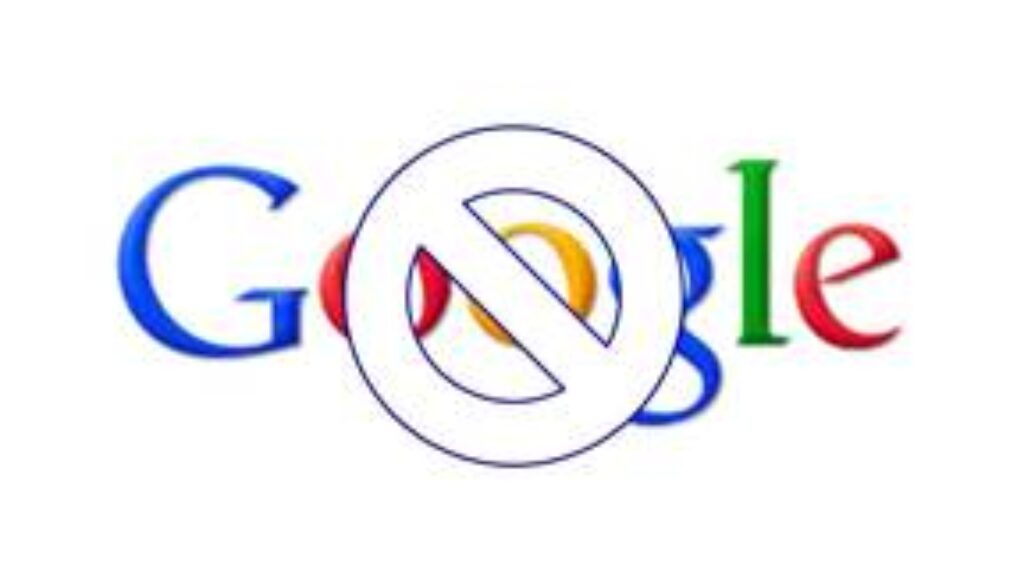Legal Terms in Real Life: Genericide (Or: The Death of Google)
This series explains legal terms in plain language and gives examples from everyday life.
Today’s Legal Word of the Day is “genericide,” from trademark law. Genericide has been in the news recently because of Arizona resident David Elliott’s lawsuit to cancel two of Google’s trademark registrations for the term “GOOGLE” (Reg. Nos. 2,806,075 and 2,884,502). Black’s Law Dictionary (8th Ed.) defines “genericide” as: “The loss or cancellation of a trademark that no longer distinguishes the owner’s product from others’ products.”
Trademarks are words, symbols, or other source indicators (even colors, sounds, or scents) that help a consumer distinguish the products or services of one company from those of another. When a consumer is in the store, he or she can choose to purchase toothpaste labeled Crest, Arm & Hammer, Colgate, or any of a number of other toothpaste brands. The name on the box helps the consumer distinguish one from another. Trademark law is, at its heart, a form of consumer protection, although businesses, not consumers, must spend their time, energy, and money on building up and protecting trademarks as source identifiers.
As you know from our previous Legal Word of the Day, distinctiveness, there is a continuum of trademark strength, from fanciful to generic. Trademarks can move along this continuum. A mark that starts out as descriptive can become distinctive through long use and/or an advertising blitz, so that consumers associate what would be a descriptive name exclusively with a single product. For example, the clothing store The Children’s Place has at least arguably acquired distinctiveness as to its THE CHILDREN’S PLACE trademark.
Conversely, trademarks can move in the opposite direction along this continuum. A mark that starts out as fanciful or arbitrary may become the generic term for a product if consumers begin to believe that the trademark is the name of the product. This is genericide. Examples of marks that have been killed through genericide include ASPIRIN and THERMOS. Examples of marks that have at one time or another become endangered include BAND-AID, VELCRO, and TEFLON.
Whether Mr. Elliott successfully has Google’s GOOGLE trademark canceled will depend on whether he can show that the term has become so ubiquitous as a word meaning “to search” that consumers no longer associate the term with any particular search engine. He has several examples showing that the mark is often used as a verb meaning “to conduct an internet search”; however, he may have to show that consumers use the word to signify searching on any search engine, not only on Google’s search engine. This may prove difficult for him; I was unable to locate serious examples of people referring to “googling on Bing,” though parodies do exist.
Genericide is a fairly ironic death for a trademark; it signals that a company has become so successful at making its mark so well-known that the general public can no longer distinguish the trademark from the product. Genericide is death by success.


